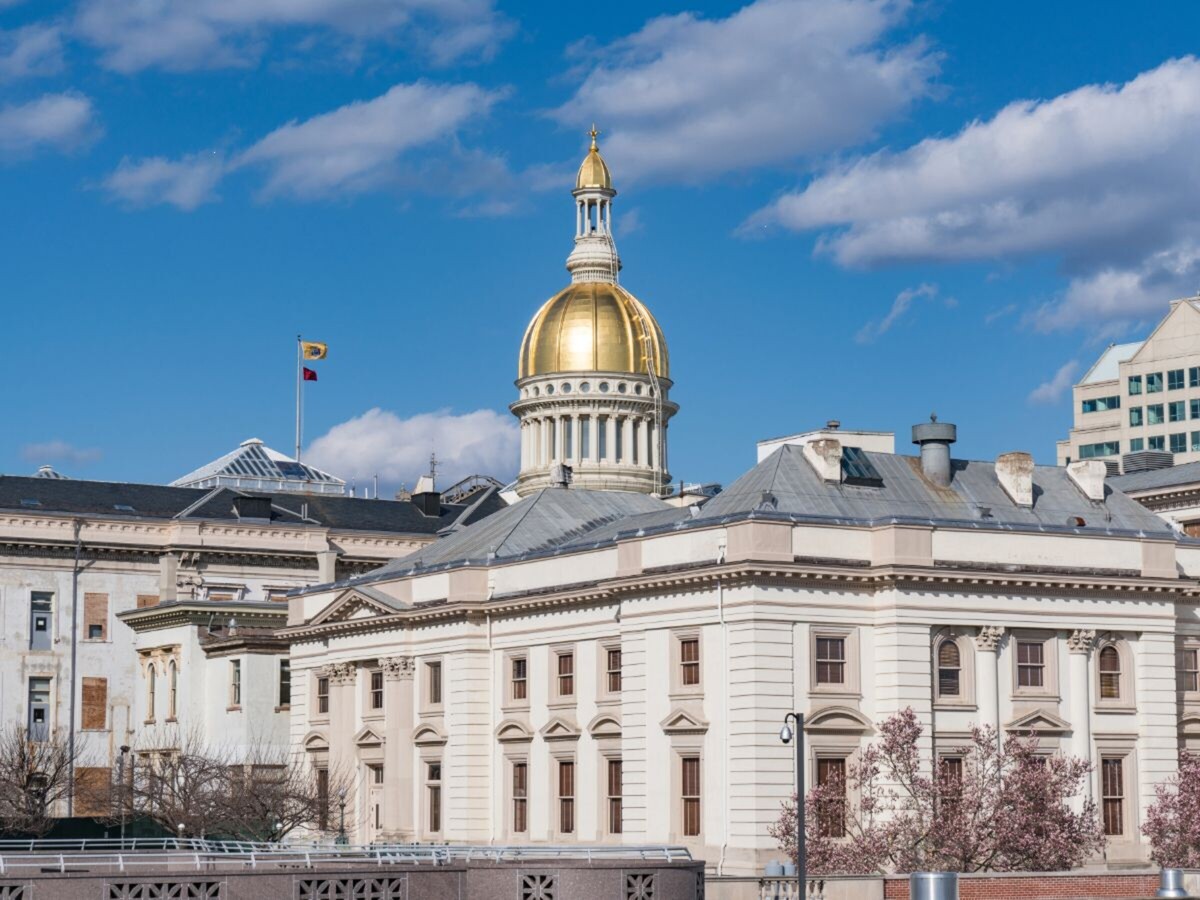Image


NEW JERSEY - On June 30, 2025, New Jersey Governor Phil Murphy signed a broad array of bills into law, closing out the fiscal year with measures that affect state appropriations, tax policy, education, and infrastructure. The legislative actions also included a line-item veto of the proposed fiscal year 2026 budget, while several supplemental appropriations and tax modifications were enacted.
Here's a brief overview of the bills the Governor took action on:
Fiscal and Budgetary Measures
Among the most significant appropriations is A-5807/S-4655, which adds $142.6 million in supplemental funding for Fiscal Year 2025 and revises language in the existing appropriations act. Additionally, A-5801/S-4692 directs $247.1 million from the New Jersey Debt Defeasance and Prevention Fund toward capital projects and future debt management.
The governor also approved A-5100/S-3991, restoring $3 million in lapsed 2024 funding for a recreation center in the Town of West New York.
In Hudson County, S-4620/A-5879 reallocates asbestos remediation funds from the county to Jersey City for use at the Old Courthouse, reflecting a targeted infrastructure reassignment.
Tax and Economic Development Policy
Several bills target modifications to the state's tax structure. A-5803/S-3064 revises taxation on online gaming and wagering, while A-5805/S-4659 and 4661 updates tax rates on certain nicotine products. Real estate transactions over $2 million will be impacted by A-5804/S-4666, which changes how fees and taxes are applied and paid.
For small businesses and investors, ACS for A-4455/S-4503 introduces a new exemption on certain capital gains derived from qualified small business stock. In the innovation sector, S-3189/A-2365 makes changes to the Angel Investor Tax Credit Act and eliminates the New Jersey Ignite Act.
The governor also signed A-5795/S-4619, adjusting the provisions under the New Jersey Innovation Evergreen Act, and S-4618/A-5827, which revises the requirements and award criteria for the film and digital media production tax credit program.
Bill A-5795/S-4619 increases the amount of tax credits that may be awarded to a New Jersey studio partner from 35 percent to 40 percent of the taxpayer’s qualified expenses that are incurred within a 30-mile radius of Columbus Circle in New York. It also doubles the diversity bonus credit from two percent to four percent of qualified expenses and eases the process for eligible applicants to receive the credit. Certain film productions will now also be eligible for an additional tax credit of four percent of qualified production expenses for promoting and investing in New Jersey’s film industry.
Of bill S-4618/A-5827, Governor Murphy said, “Our Film and Digital Media Tax Credit has been instrumental in attracting film and television production to New Jersey. This program has helped create thousands of good-paying union jobs, showcased our one-of-a-kind geographic diversity, and reinforced New Jersey’s reputation as a premier destination for film and television. With the help of Tim Sullivan and the entire NJEDA, we are cementing the future of entertainment here in the Garden State."
Public Infrastructure and Environmental Policy
In public infrastructure, S-4632/A-5812 establishes a Department of Education grant program for schools to install filtered bottle-filling stations and faucets, aiming to enhance drinking water quality.
The environmental bill S-3618/A-4926 mandates the creation of a “Wildlife Corridor Action Plan” by the Departments of Environmental Protection and Transportation, addressing ecological connectivity and road safety.
Health and Education Initiatives
The newly signed A-5809/S-4656, dubbed the “Healthcare Finance Enhancement Act,” aims to improve financial operations within the state’s healthcare systems.
Governor Murphy also signed A-5810/S-4660 eliminating the fee required for consumers to appeal adverse health insurance decisions through New Jersey's Independent Health Care Appeals Program. This change aims to improve access to independent reviews of denied, reduced, or terminated health benefits by removing financial barriers, particularly for lower-income residents.
Of bill A-5810/S-4660 Governor Murphy said, “Consumers have a right to fully utilize their health insurance. By permanently eliminating this fee, we are making it easier for New Jerseyans to access an independent appeals process to ensure they are receiving appropriate health coverage."
Education-focused bills include S-3933/A-5075, which launches a School Supervisor Mentorship Pilot Program with a $500,000 appropriation, and A-5077/S-4375, which extends the pause on collecting student growth objective data. Lottery contributions to education are revised under S-4122/A-5257.
Legislation Vetoed
Governor Murphy exercised a line-item veto on S-2026/A-5800, which proposed appropriating over $58.7 billion in state funds and $31 billion in federal funds for the 2026 state budget. The veto affects specific expenditures within the broader budget framework.
Of the 2026 State Budget, Governor Murphy said, “This budget exemplifies our dedication to fiscal responsibility, affordability, and opportunity for all New Jerseyans."
As the state begins the 2026 fiscal year, the newly enacted laws introduce a range of changes affecting fiscal policy, public investment, and regulatory frameworks across multiple sectors in New Jersey.